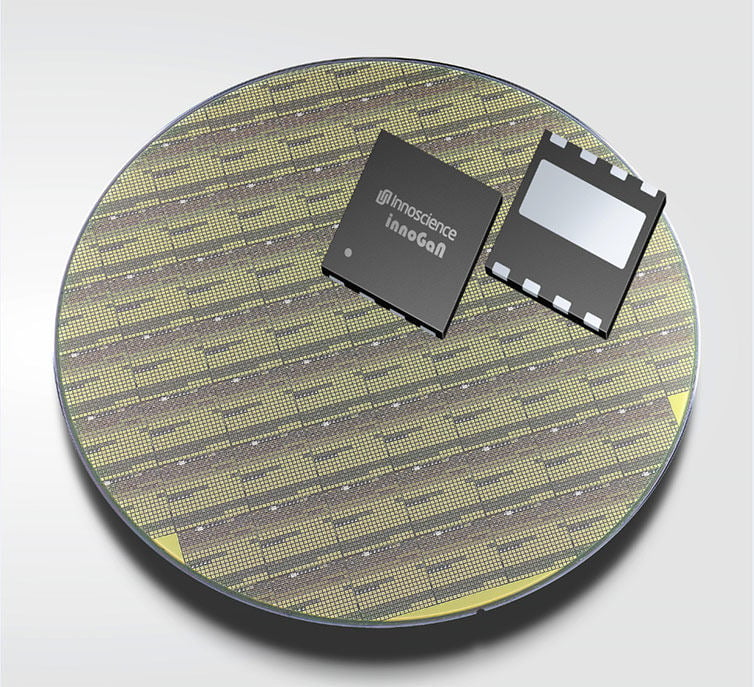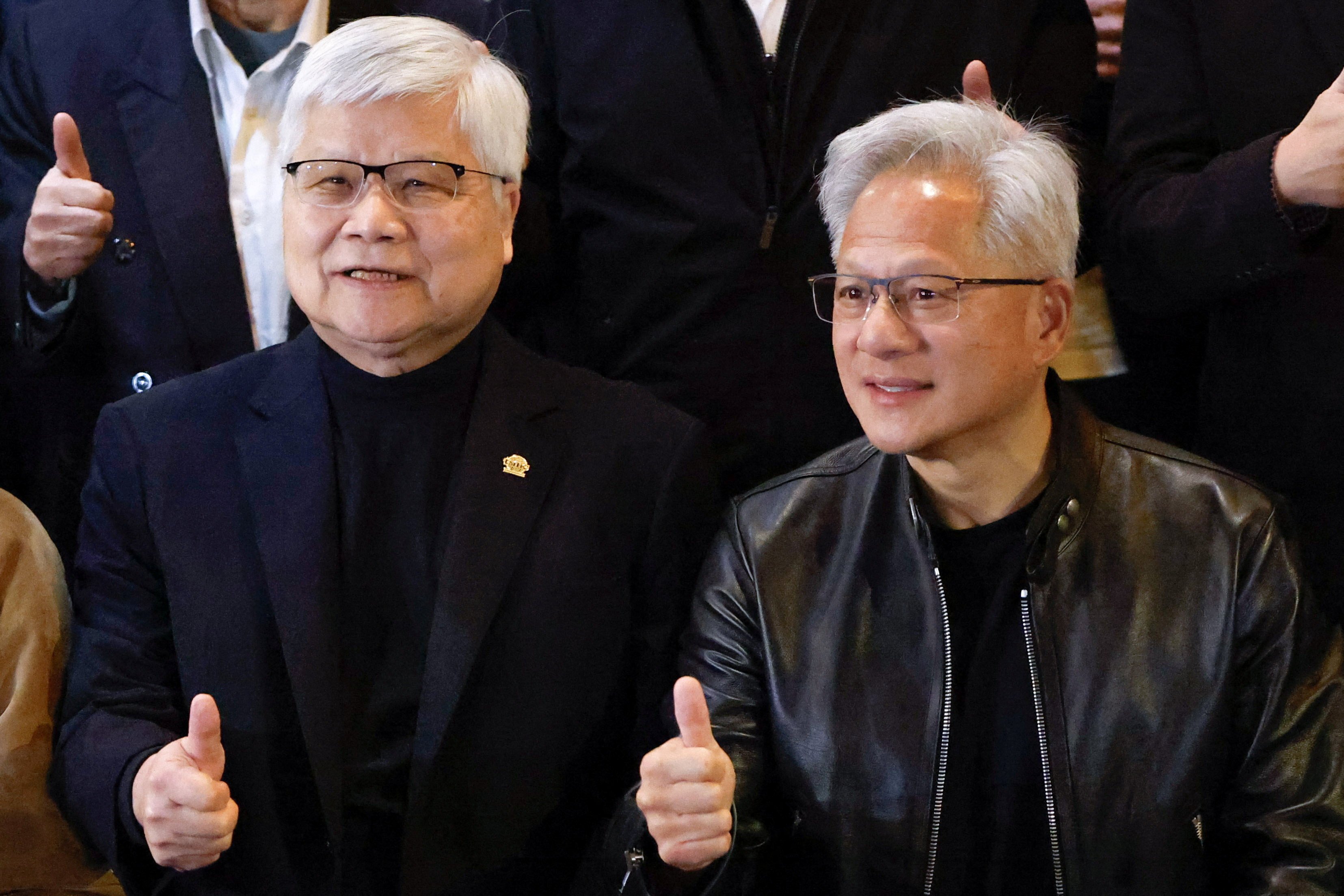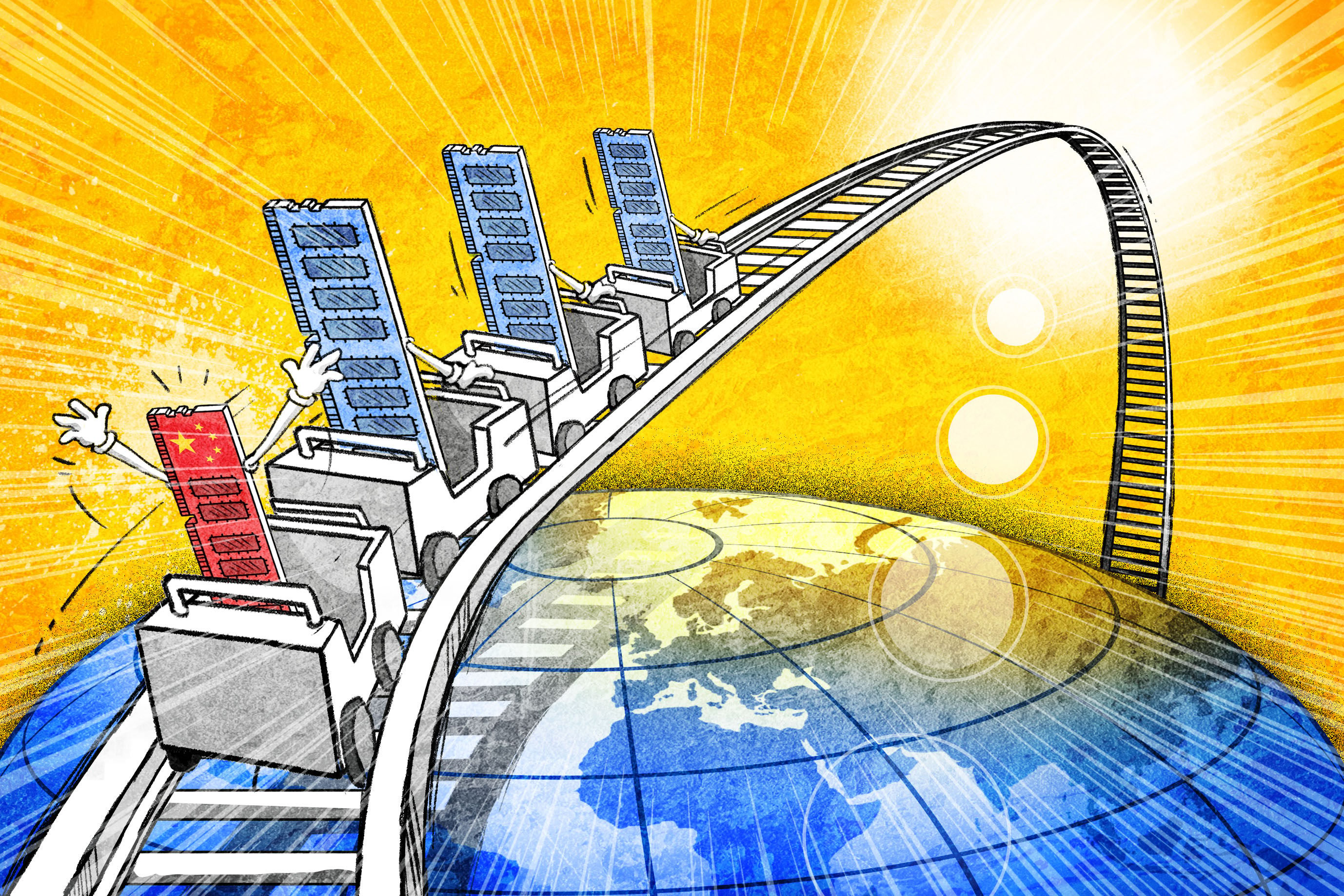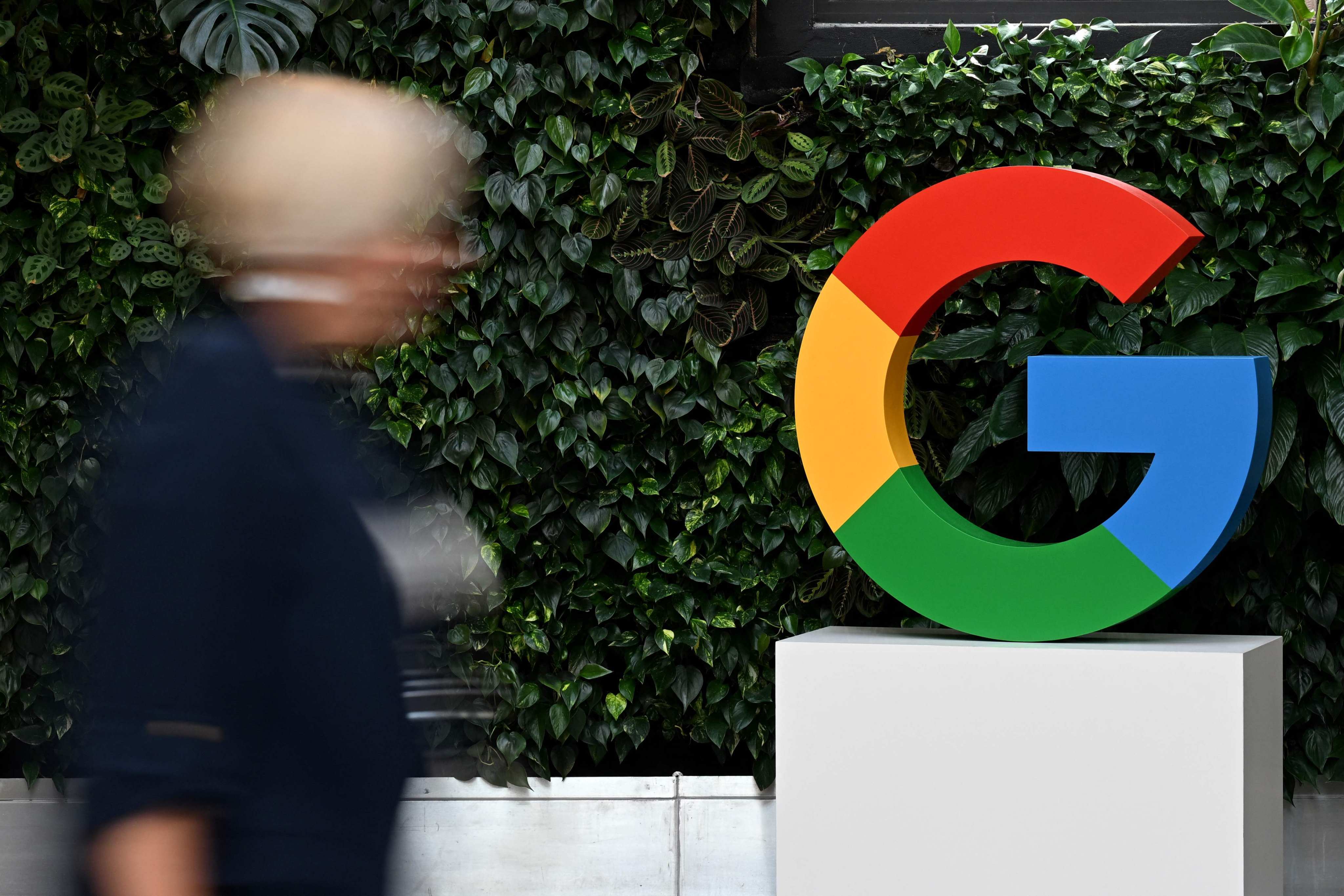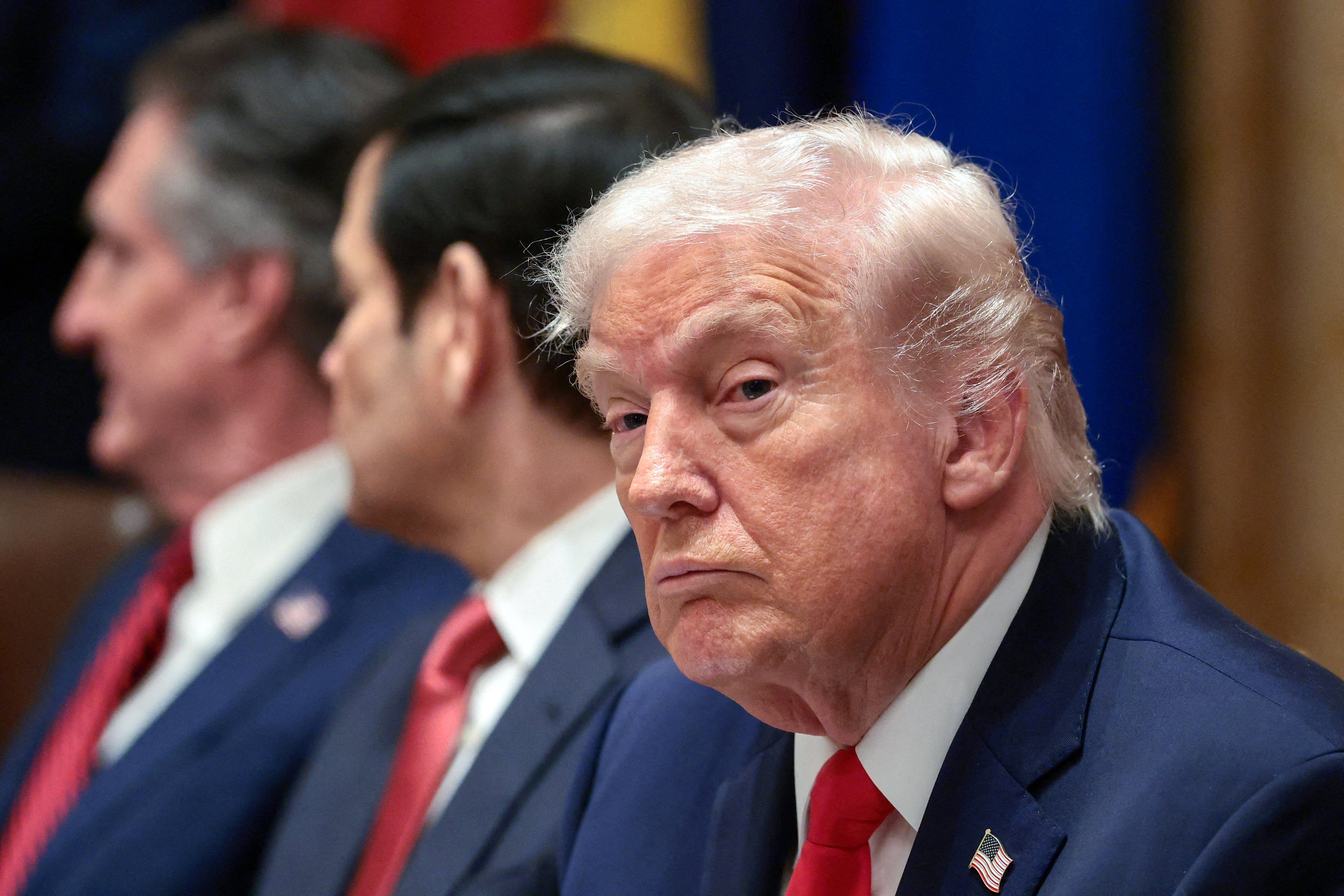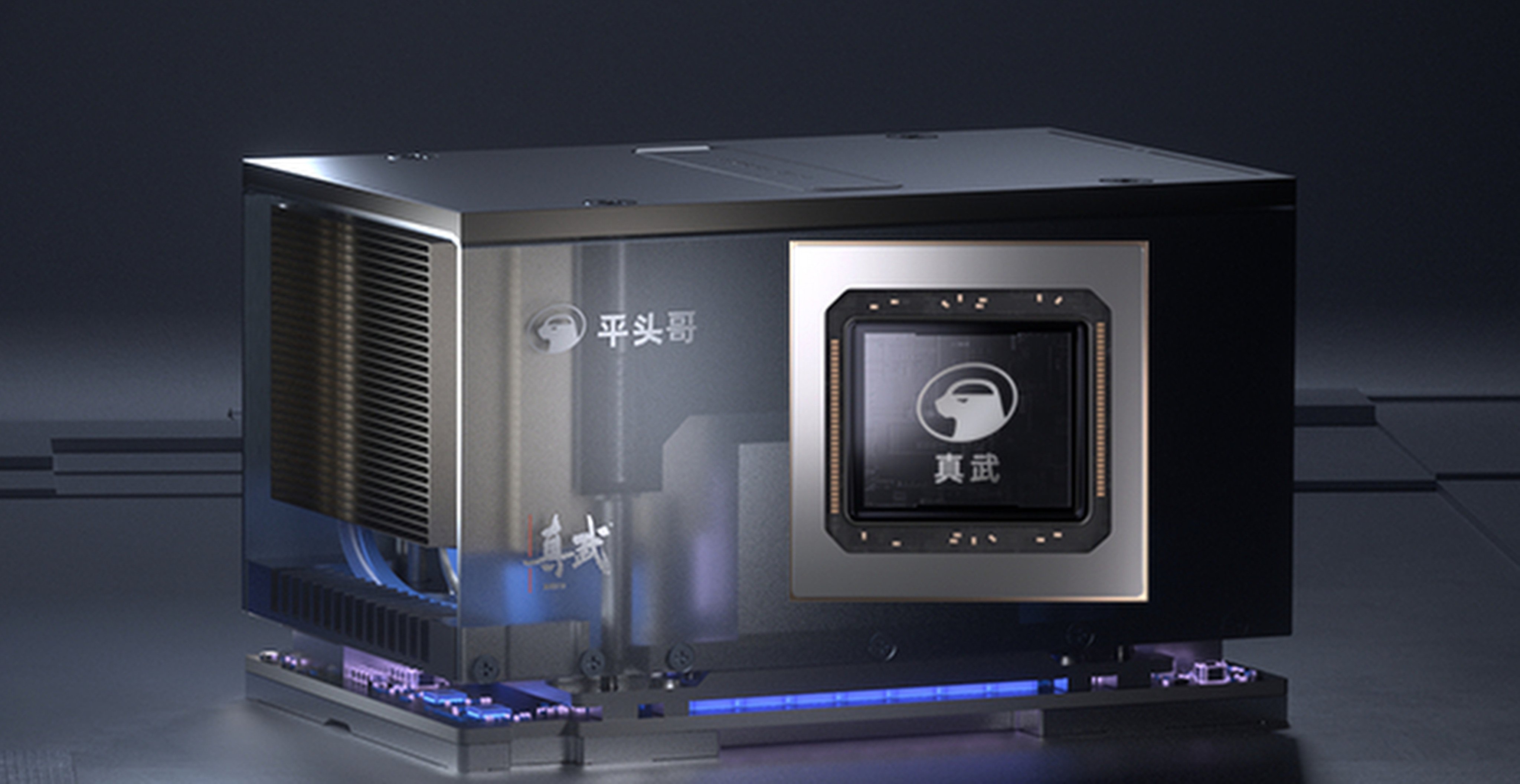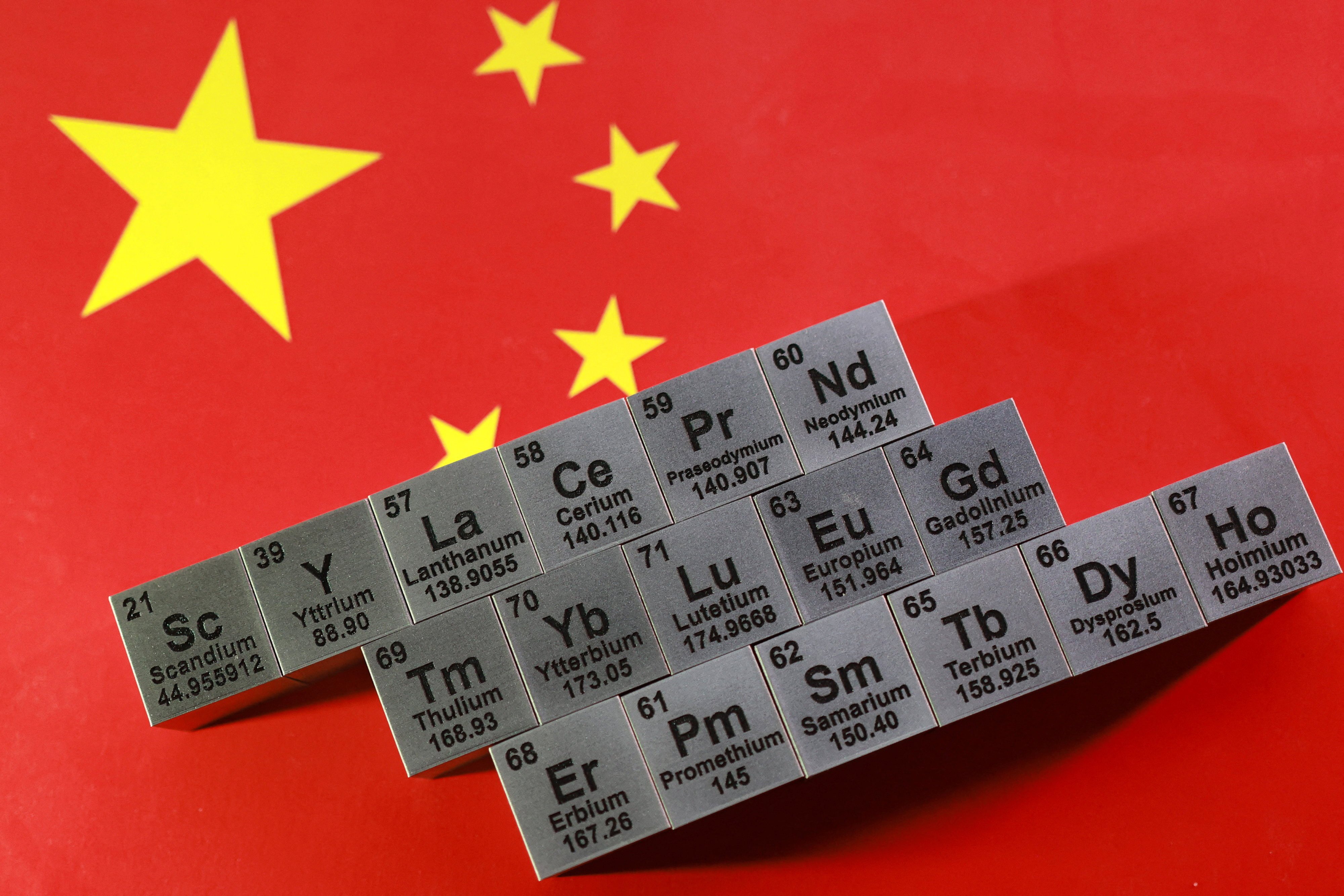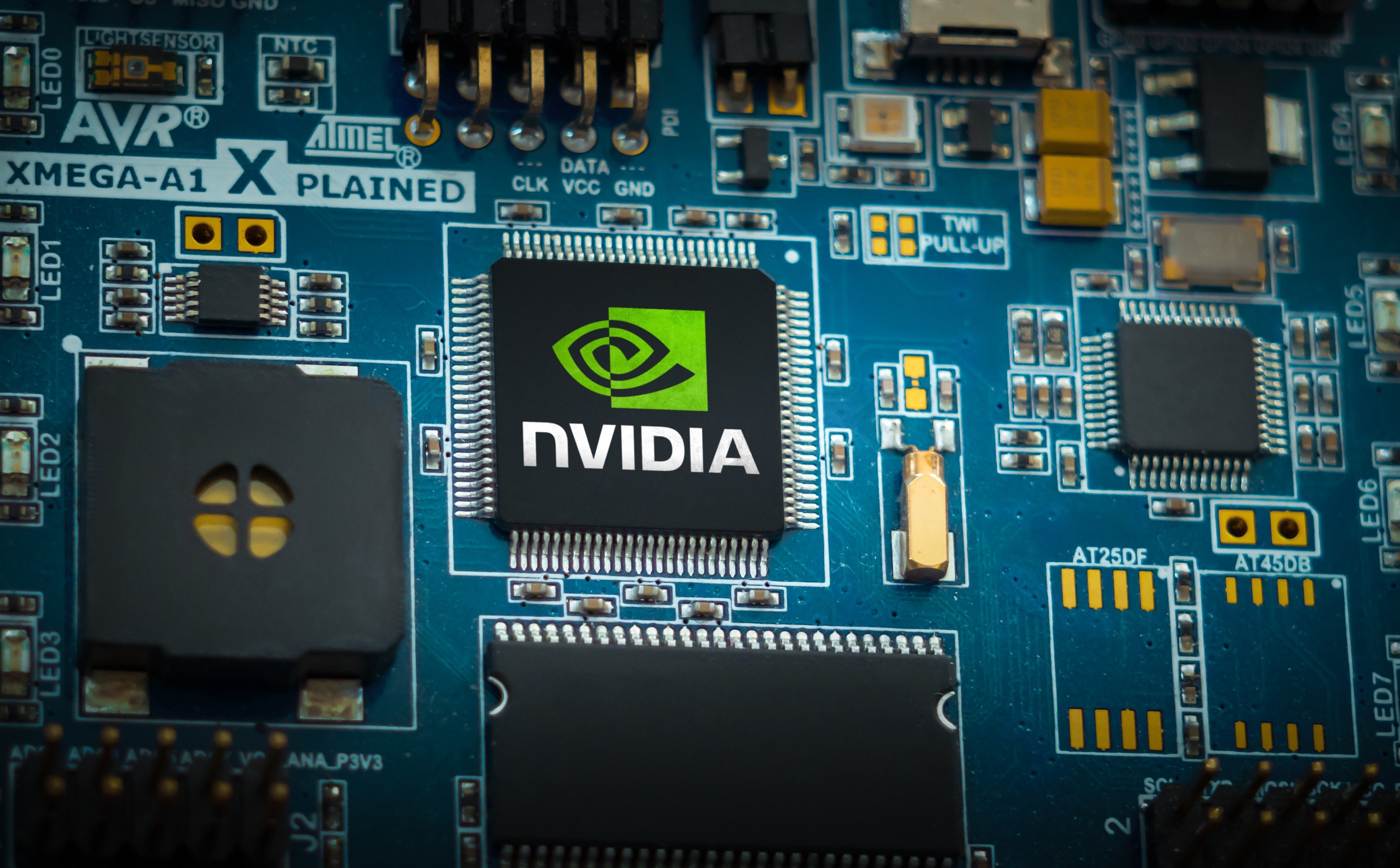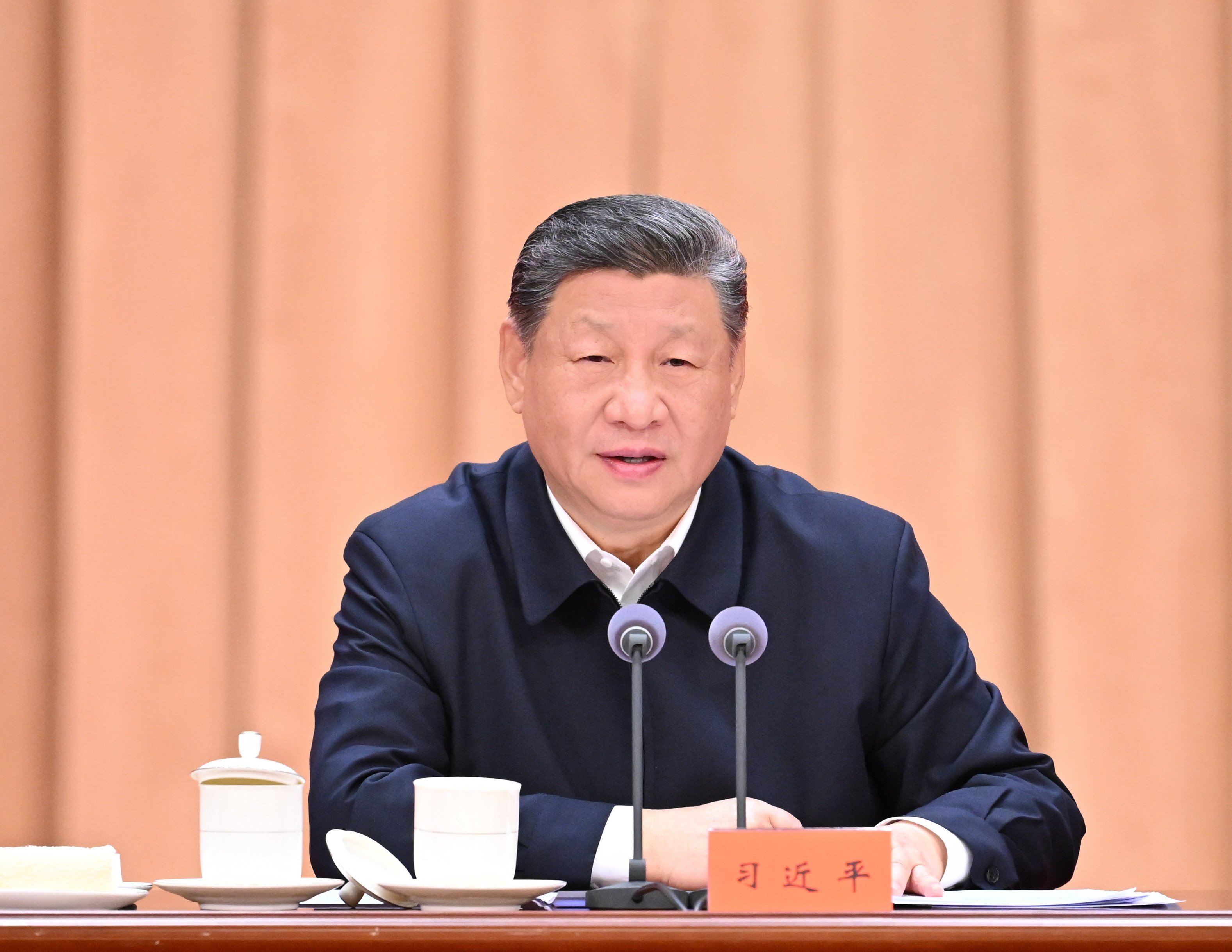Advertisement
Advertisement
TOPIC
Semiconductors
Related Topics:
Semiconductors
Semiconductors are the cornerstone technology of the information age. These tiny electronic devices, usually smaller than a postage stamp, power the modern economy by acting as data-processing brains for products, from smartphones to cars and spacecraft.
Help preserve 120 years of quality journalism.
SUPPORT NOWAdvertisement
Advertisement
Advertisement
Advertisement
Advertisement
Advertisement
Advertisement
Advertisement
Advertisement
Advertisement
Advertisement
Advertisement

